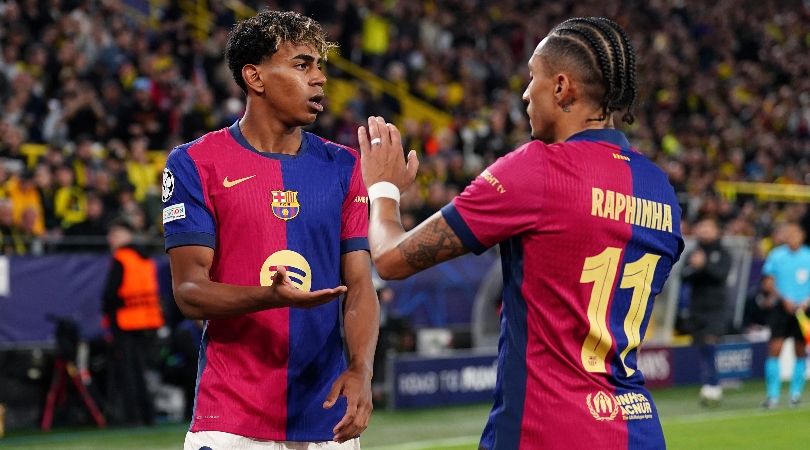On This Day in 2013: Former England striker Michael Owen announces retirement
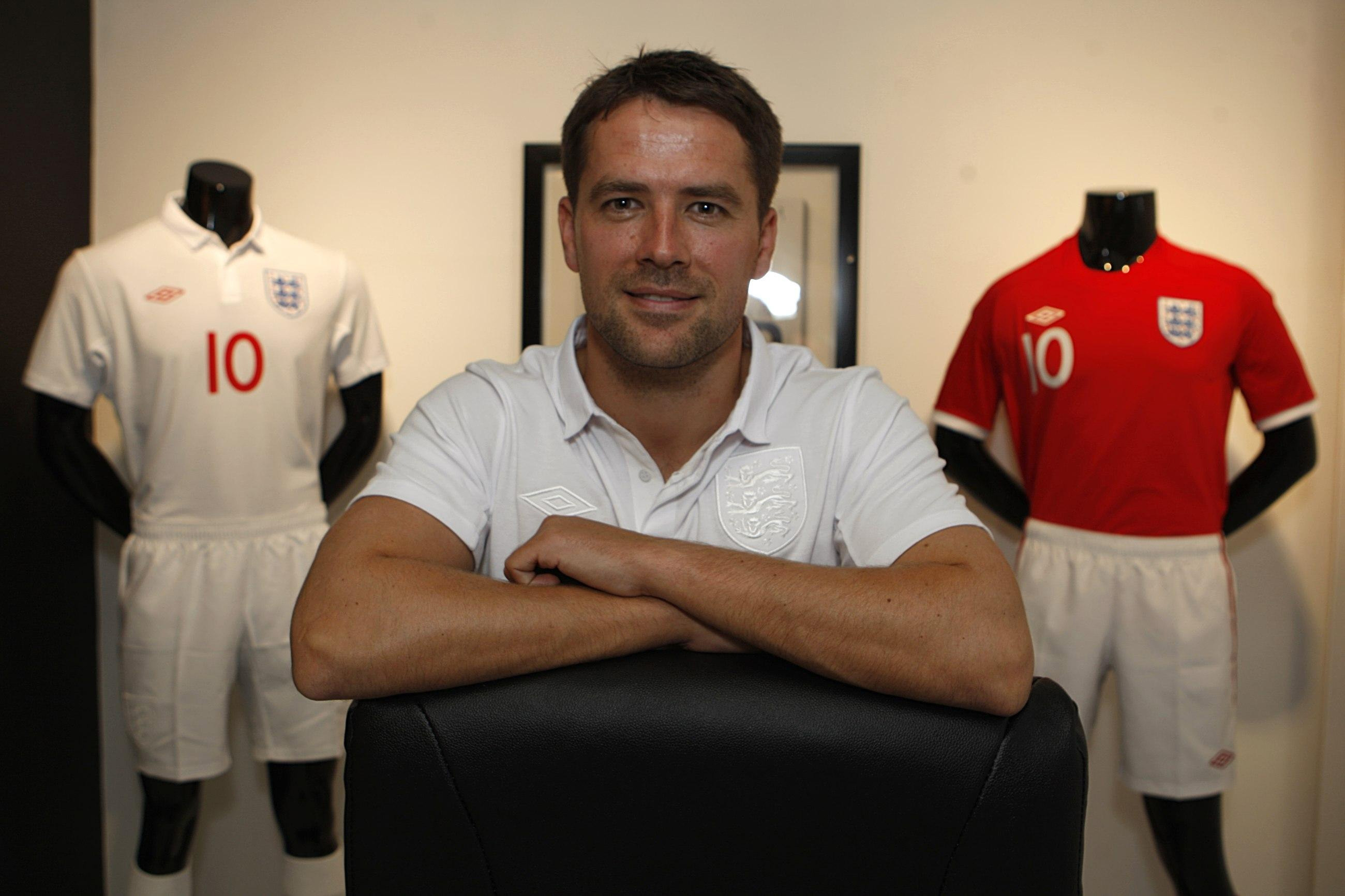
Michael Owen announced he would retire from football on this day nine years ago.
Former England striker Owen, then 33, said he would call time on his career at the end of the 2012-13 season after his spell at Stoke came to a close.
Owen scored 40 goals in 89 England appearances – the sixth highest scorer for his country’s men’s team – and played at the top level for Liverpool, Real Madrid, Newcastle and Manchester United.
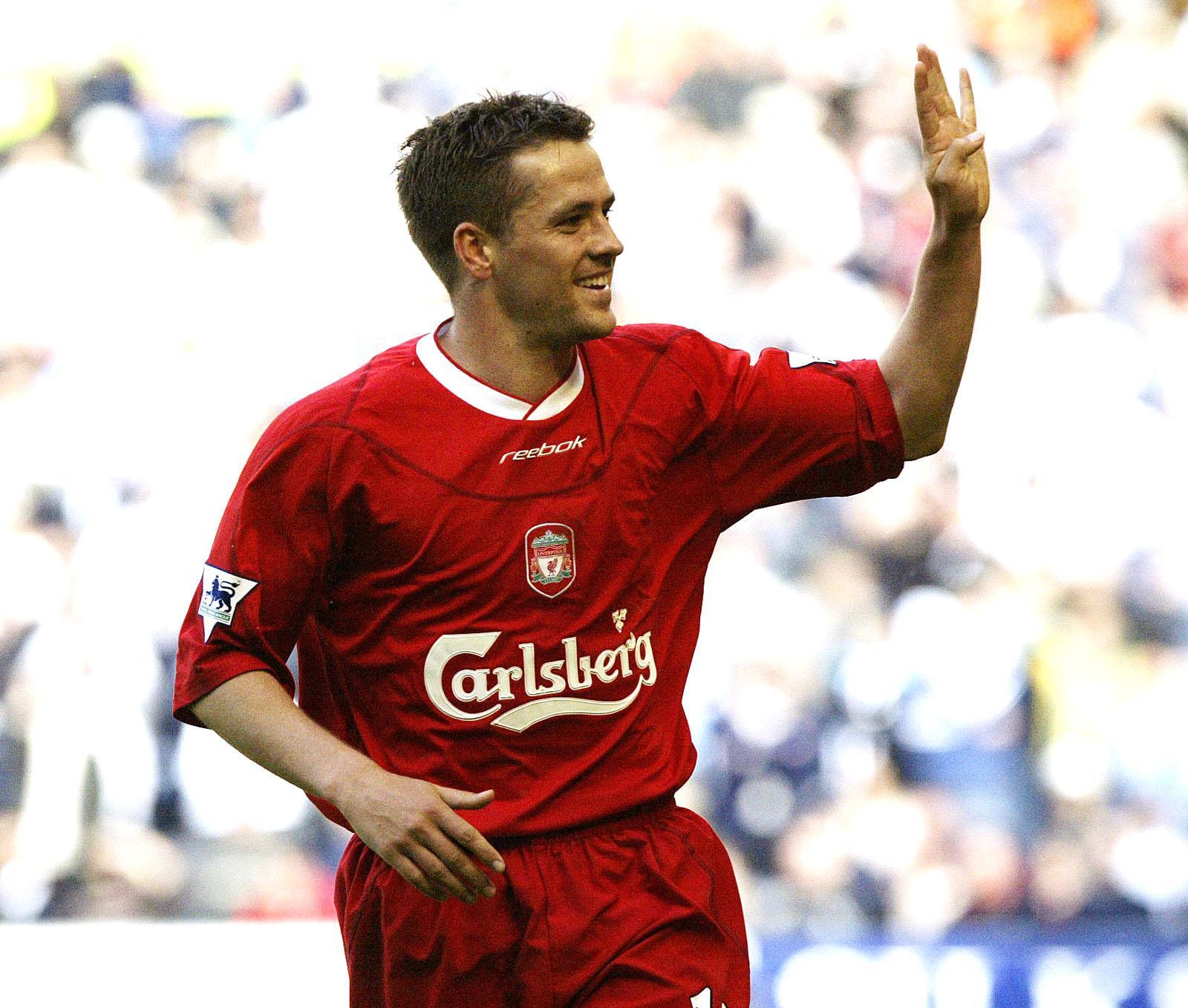
“It is with an immense amount of pride that I am announcing my intention to retire,” Owen said on March 19, 2013.
“I have been very fortunate in that my career has taken me on a journey I could only have dreamed of.
“I now feel it is the right time to bring the curtain down on my career.”
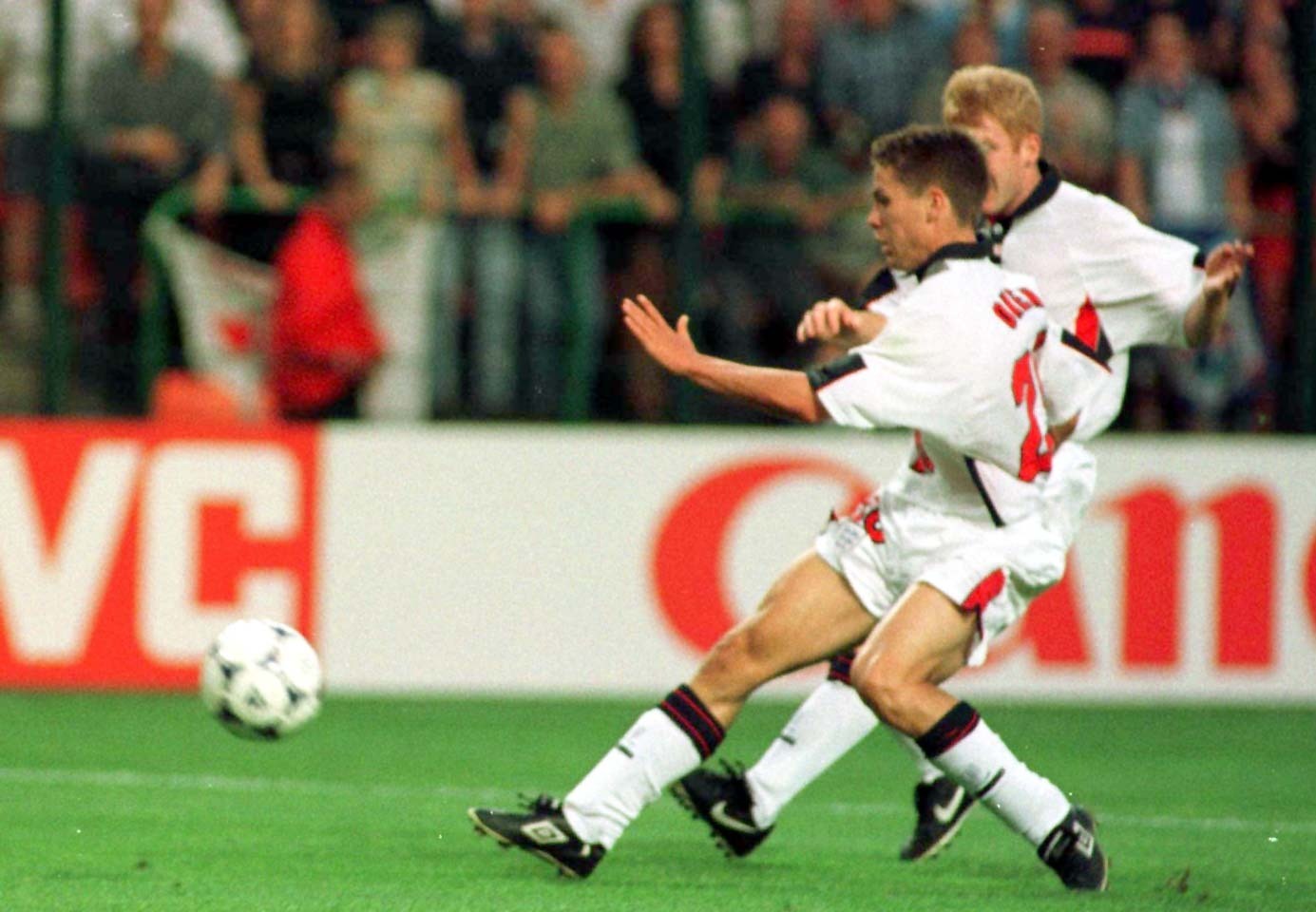
Owen burst on to the scene as a teenager at Liverpool and made England’s 1998 World Cup squad aged only 18.
Get FourFourTwo Newsletter
The best features, fun and footballing quizzes, straight to your inbox every week.
His memorable solo goal against Argentina in that tournament made him a world superstar.
Owen scored 220 goals in club football, winning the Premier League, FA Cup and UEFA Cup, as well as being a three-time League Cup winner.
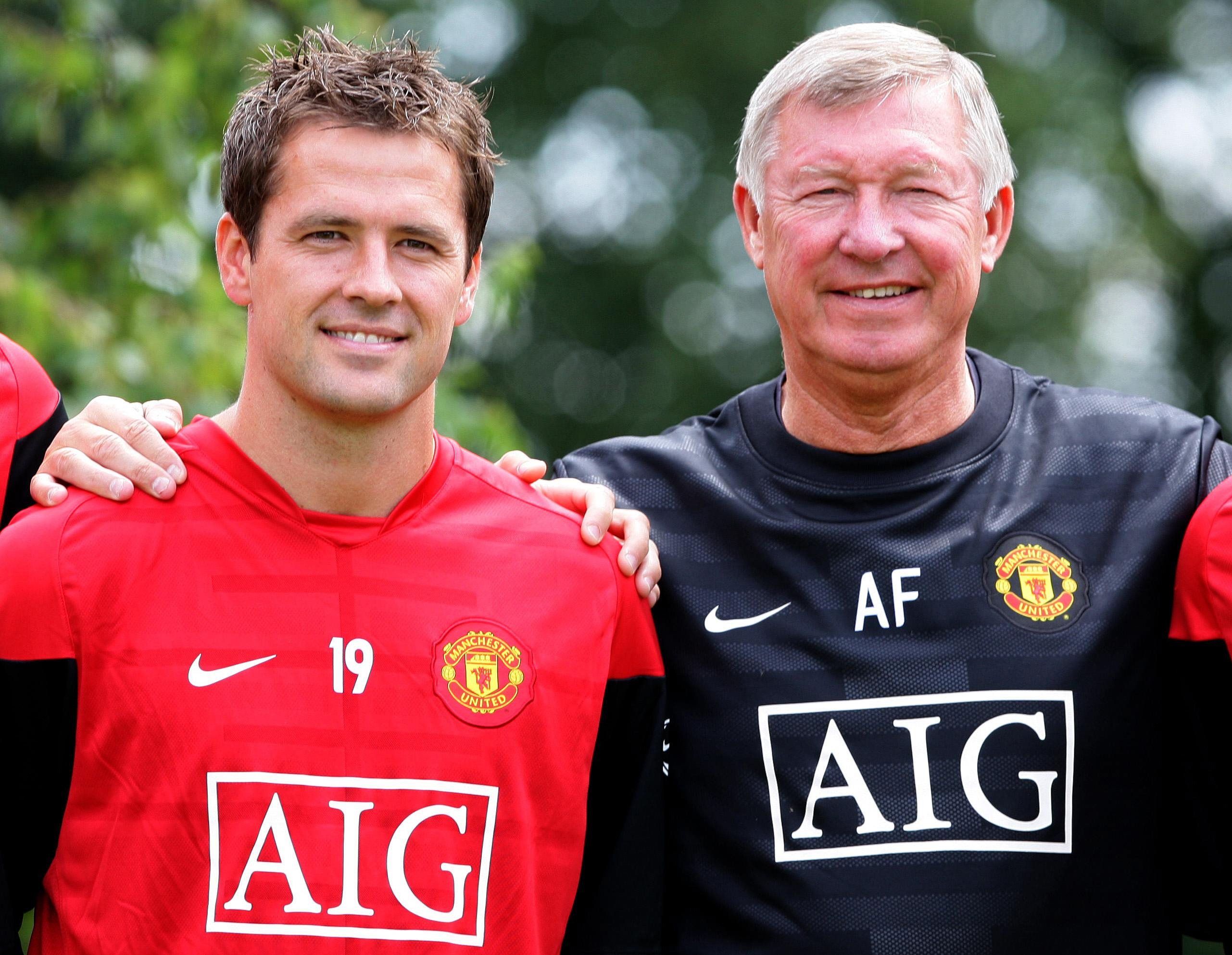
The peak of his club career came at Liverpool where he scored 158 goals in 297 appearances, including a late double in the Reds’ 2-1 FA Cup final victory over Arsenal in 2001, before moving to Real Madrid in 2004.
Owen returned to the Premier League with Newcastle in August 2005 and, after four injury-blighted years on Tyneside, moved to Manchester United on a free transfer.
He was named European Footballer of the Year in 2001 – the first Englishman to achieve the accolade since Kevin Keegan in 1979.
